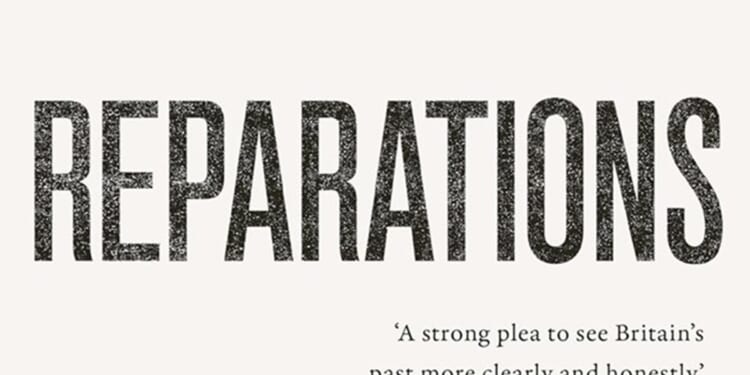NIGEL BIGGAR’s last book, Colonialism, in which he argued that the British Empire was not entirely bad, aroused great hostility (Books, 12 April 2024; Letters, 19 and 26 April, 3 May 2024). This present one is likely to be even more controversial.
His target this time is those who claim that Britain hugely benefited from slavery, and we should make substantial reparations. But slavery has been virtually universal; so why single out Britain? Three-and-a-quarter million Africans were enslaved by Britain in the period 1650-1800. Seventeen million were enslaved first by Africans and then sold to Arabs in the period 700-1900. If slavery accounted for 11 per cent of GDP at its peak, as one study suggests, this was “of only modest significance”, and Africans, who captured and sold other Africans into slavery were equally complicit.
How do we measure the lasting damage done to countries where slavery was practised? So much has happened since then. Biggar contrasts the economic performance of the two former slave colonies Jamaica and Bermuda, and suggests that the failure of the former is due to poor government, not slavery. The contrast with Nigeria, a former slave-trading country, is even more startling. Life expectancy in Barbados is 14 years longer than in Nigeria, literacy is more than 60 per cent higher, and Gross National Income per capita is 12 times higher.
Biggar is particularly incensed that those who argue for reparations so often fail to take into account the effort that Britain put into abolishing first the slave trade in 1808 and then slavery itself in 1834. Of the Navy’s manpower, 13.1 per cent was spent on anti-slavery patrolling in West Africa, and, of national income, 1.8 per cent was spent in the struggle against slavery, over a period of 60 years.
Within his overall argument, Biggar has a number of specific targets. One is the Church Commissioners, who have set aside £100 million to support communities affected by slavery; and he accuses the Commissioners of a failure of due diligence. The number of shares brought by Queen Anne’s Bounty, the Commissioners’ predecessor, in the South Sea Company, which had some slave interests, was small, held for only a short time, and then sold at a loss. Another target is the claim that thousands of indigenous children died of neglect in special schools in Canada. Biggar argues that this is simply untrue.
Statistics show that Britain, far from being a racist country, is, in fact, one of the least racist in the world. He includes a wonderful quotation of David Livingstone, who said that he would rather be in the company of the Africans he worked with than members of the Anthropological Society in London, “on the principle of preferring the company of my betters”.
Biggar, a former professor of moral theology at Oxford, a Church of England priest, and more recently a Conservative life peer, argues his case forcefully and rigorously with detailed statistics backed up by pages of references. So, why are those arguing for reparations suffering from what he terms the tyranny of imagined guilt? He suggests that it is a symptom of the kind of left-wing disdain for patriotism which George Orwell castigated, and is simply virtue-signalling.
Even given all that Biggar writes about the universality of slavery and the complicity of Africans, three things might be said. First, Britain played a key part and, however others may want to respond to their own history, it is morally responsible to face up to our own heritage. Second, as a Tory, he might have made more of Burke’s view that society is a partnership not just between the living, but between the living, the dead, and those still to be born. Third, guilt is not the only spur to action. There are the obligations that we owe one another irrespective of any personal responsibility for atrocities in the past.
The Rt Revd Lord Harries of Pentregarth is a former Bishop of Oxford, and an Hon. Professor of Theology at King’s College, London. He is the author of The Re-enchantment of Morality (SCPK, 2008).
Reparations: Slavery and the tyranny of imaginary guilt
Nigel Biggar
Forum £20
(978-1-80075-559-8)
Church Times Bookshop £18

















